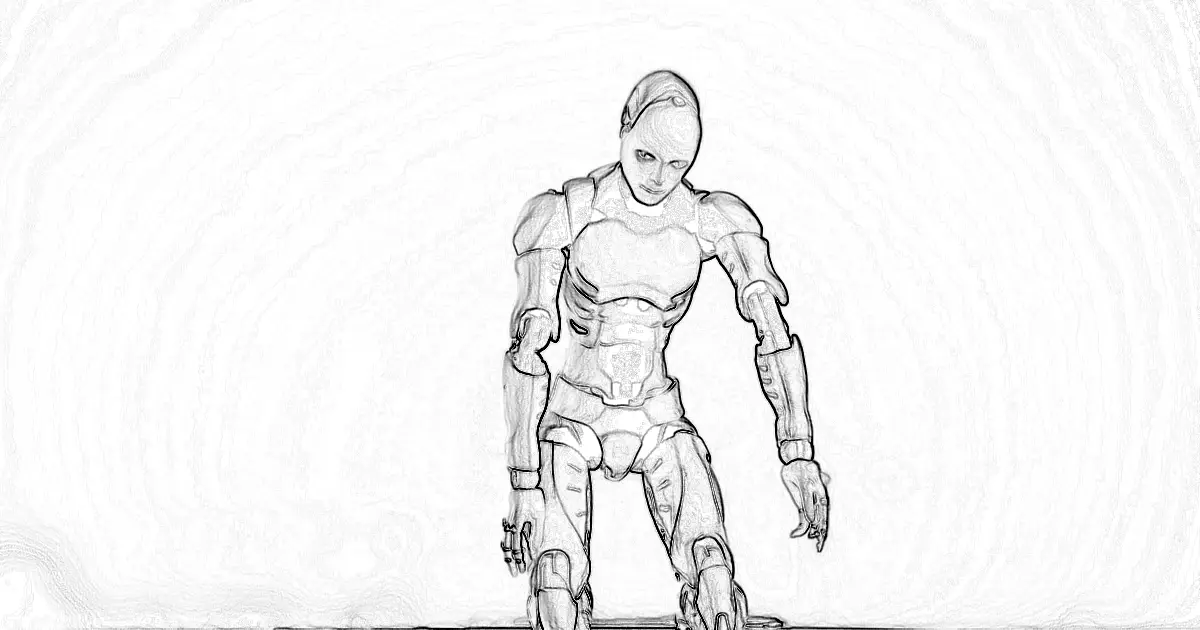Will The Robots Replace Humans?

The question of whether robots will replace humans has been a topic of debate for decades. While some argue that robots will eventually take over many jobs currently done by humans, others argue that robots will simply augment human capabilities and create new job opportunities.
One of the main arguments for robots replacing humans is that they can perform certain tasks more efficiently and accurately than humans. For example, robots can work 24/7 without getting tired, they don’t need breaks, and they can perform repetitive tasks with precision and consistency.
This is especially true for tasks that are dangerous or dirty, such as working in mines or cleaning up toxic waste. As a result, many industries are now incorporating robots and automation into their operations, including manufacturing, logistics, and transportation.
However, there are also many tasks that robots are not able to perform as well as humans. For example, robots are not yet able to match the dexterity and flexibility of human hands, making them unsuitable for tasks that require a high degree of manual dexterity, such as surgery or fine art restoration.
Additionally, robots are not yet able to match the cognitive abilities of humans, such as creativity, problem-solving, and decision-making. These tasks that are more complex and require human-like decision making and problem solving skills, will be difficult to automate.
Another argument for robots replacing humans is that they can help to boost productivity and efficiency. For example, robots can work alongside humans in manufacturing plants, helping to speed up production and reduce the number of mistakes.
They can also be used in logistics and transportation, helping to optimize delivery routes and reduce the need for human drivers. This will help the companies to save cost and increase their revenue and production.
However, there are also many concerns about robots replacing humans. For example, many jobs that are currently done by humans may become obsolete, leading to widespread unemployment.
This could be a major concern for many people, as unemployment can lead to financial insecurity, social isolation and mental health issues. Additionally, robots may also exacerbate social and economic inequality, as they are more likely to be adopted in higher-skilled and higher-paying jobs, leaving lower-skilled and lower-paying jobs to humans.
This could lead to a widening gap between the rich and the poor, and create more social and economic issues.
Despite these concerns, it is important to note that robots have the potential to create new job opportunities as well. As robots become more advanced, they will enable humans to do new things and improve the quality of life. For example, robots can help to improve healthcare by assisting with surgeries and monitoring patients’ vital signs.
They can also help to improve education by providing personalized learning experiences and increasing access to educational resources. This will create new job opportunities in fields such as robot programming, maintenance, repair, and design.
In conclusion, while robots may replace some jobs currently done by humans, it is also likely that they will create new job opportunities and augment human capabilities. It is important to consider both the potential benefits and drawbacks of robots as they continue to be integrated into society and the workforce.
We should work to make sure that advancements in automation are inclusive and equitable, and that people are able to acquire new skills, education and training to take advantage of the new opportunities created.
Governments, private companies and educational institutions should work together to ensure that people are prepared for the changing job market, and that they are able to adapt to the new realities of the workforce in the age of automation.

